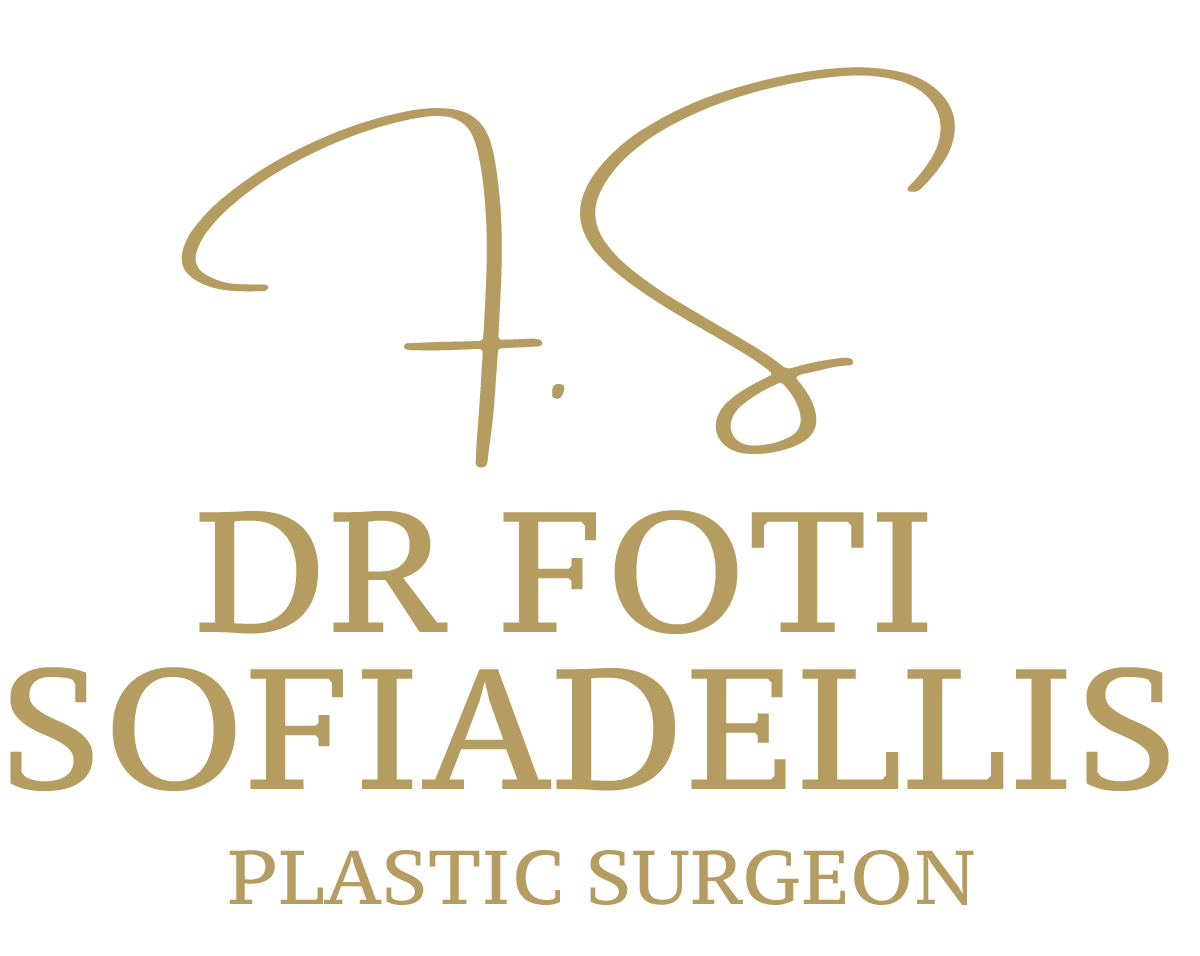Understanding Breast Implant Associated-Squamous Cell Carcinoma (BIA-SCC)
Breast Implant Associated-Squamous Cell Carcinoma (BIA-SCC) is a rare but serious condition that has been identified in individuals with breast implants. Recognizing the signs, understanding the risk factors, and knowing the options for management and treatment are crucial for those with breast implants and their healthcare providers.
What is BIA-SCC?
Defining BIA-SCC
BIA-SCC is a form of cancer that occurs in the tissue surrounding breast implants. Unlike Breast Implant-Associated Anaplastic Large Cell Lymphoma (BIA-ALCL), which involves the immune system’s cells, BIA-SCC involves the squamous cells found in the capsule around the breast implant.
Risk Factors and Symptoms
Identifying Potential Risks and Signs
The exact cause of BIA-SCC is currently under investigation, and the number of reported cases remains low. However, it’s important for individuals with breast implants to be aware of any changes in their breasts and to consult their healthcare provider if they notice symptoms such as swelling, pain, lumps, or changes in the shape or size of the breast.
Diagnosis and Treatment
Approaching Diagnosis and Care
If BIA-SCC is suspected, a thorough evaluation including imaging tests and a biopsy may be recommended to confirm the diagnosis. Treatment options can vary based on the stage and extent of the cancer, with possibilities ranging from surgical removal of the implant and surrounding tissue to more extensive treatments depending on the individual case.
Importance of Regular Follow-Up
Monitoring for Health and Safety
Regular follow-up appointments with a healthcare provider are essential for anyone with breast implants. These check-ups provide an opportunity to monitor the implants, discuss any concerns, and ensure timely action if any changes are detected.
Conclusion
While Breast Implant Associated-Squamous Cell Carcinoma is rare, awareness and education are key to ensuring the safety and well-being of individuals with breast implants. Regular medical follow-ups and open communication with healthcare providers are paramount in identifying any potential issues early and addressing them effectively.




